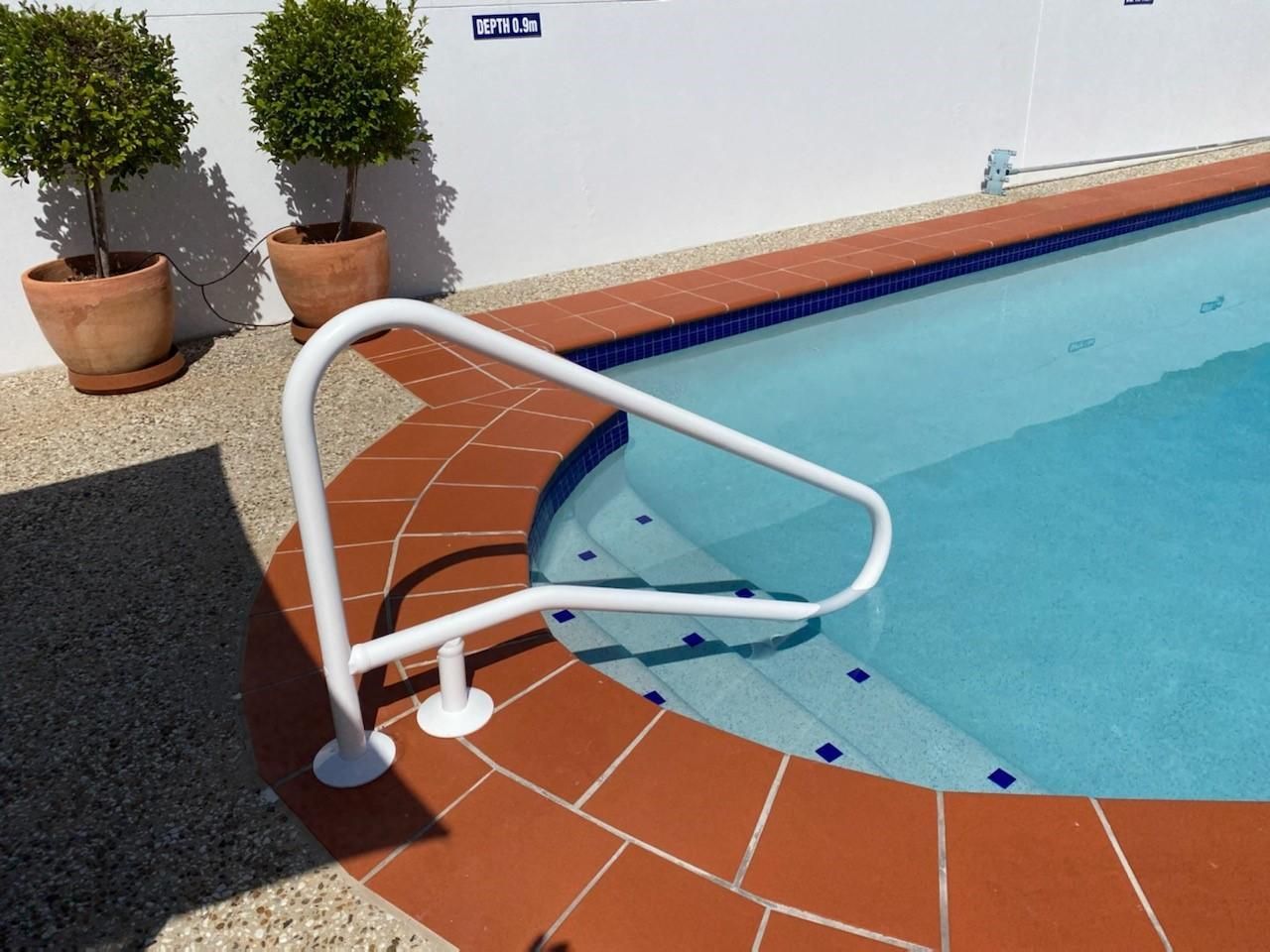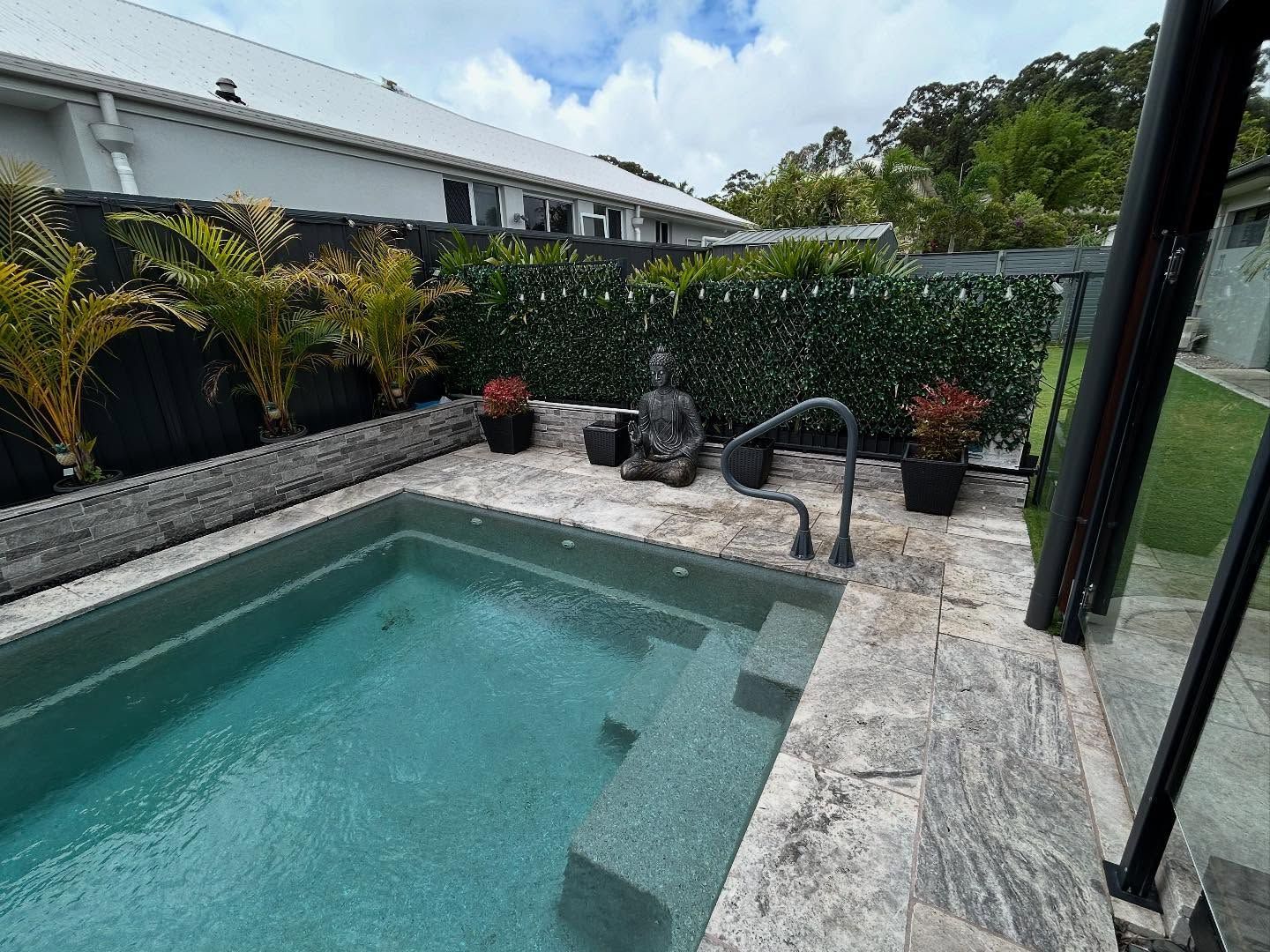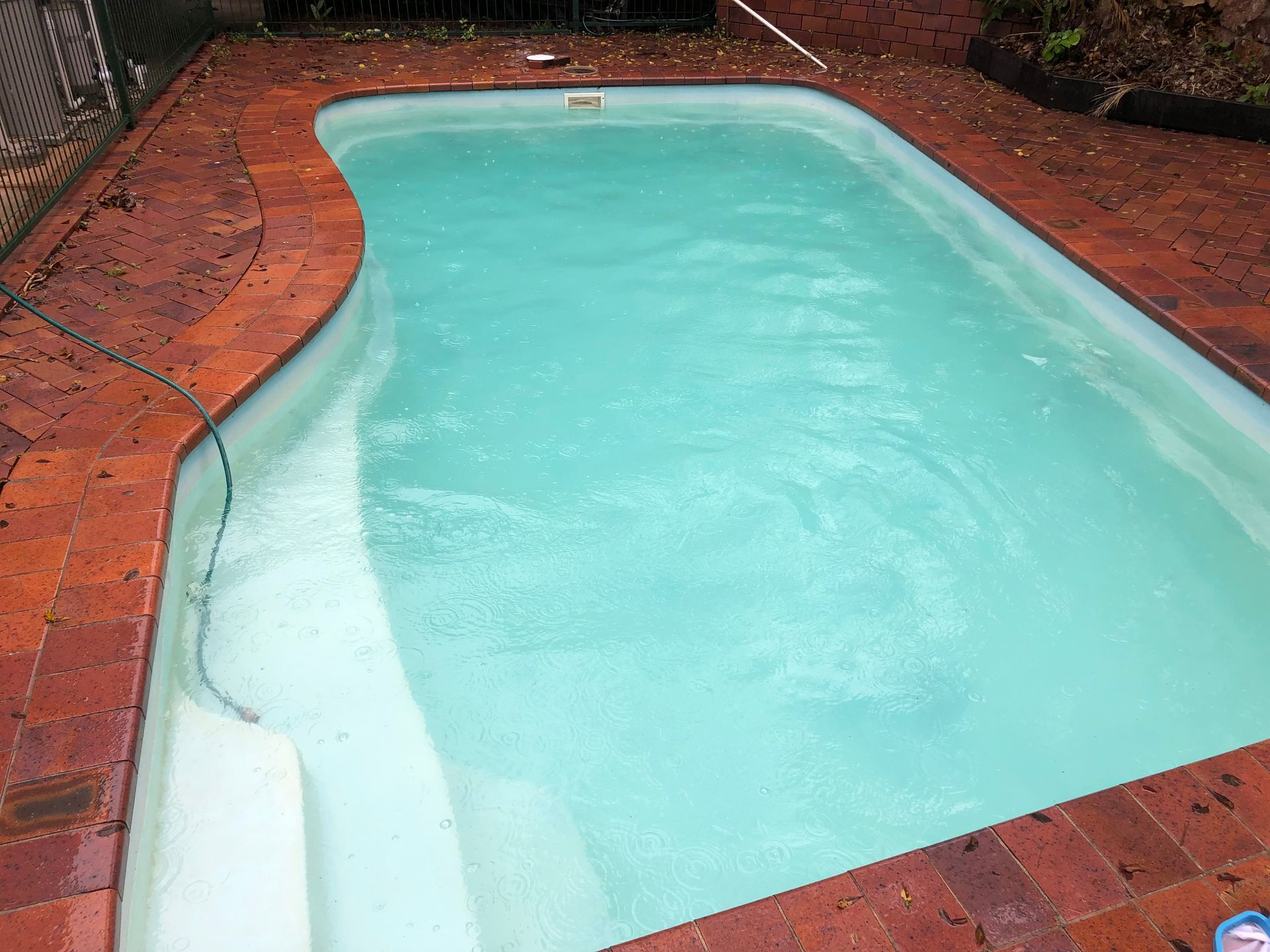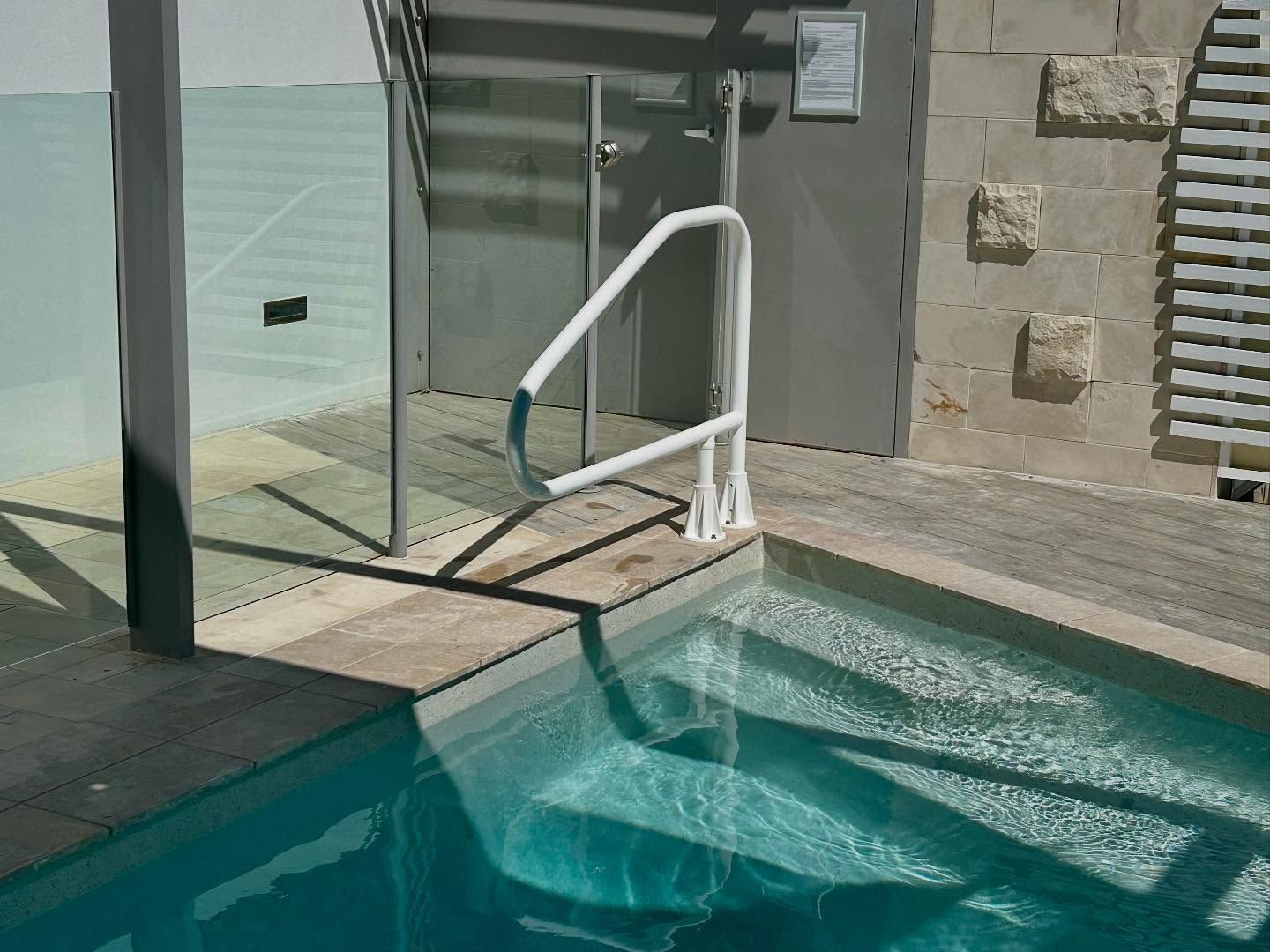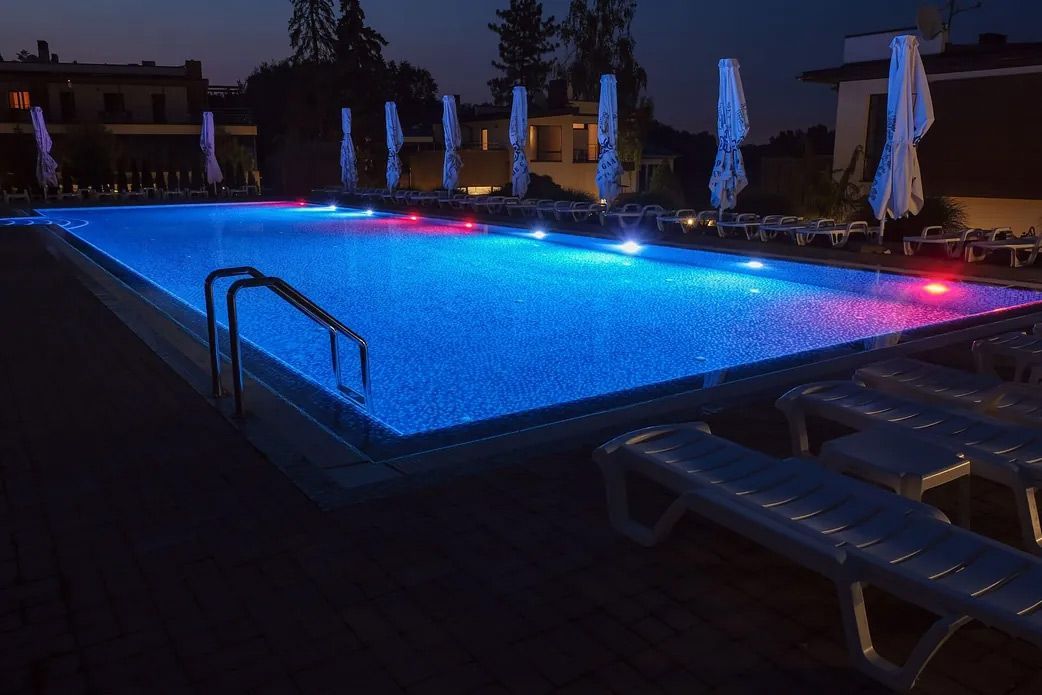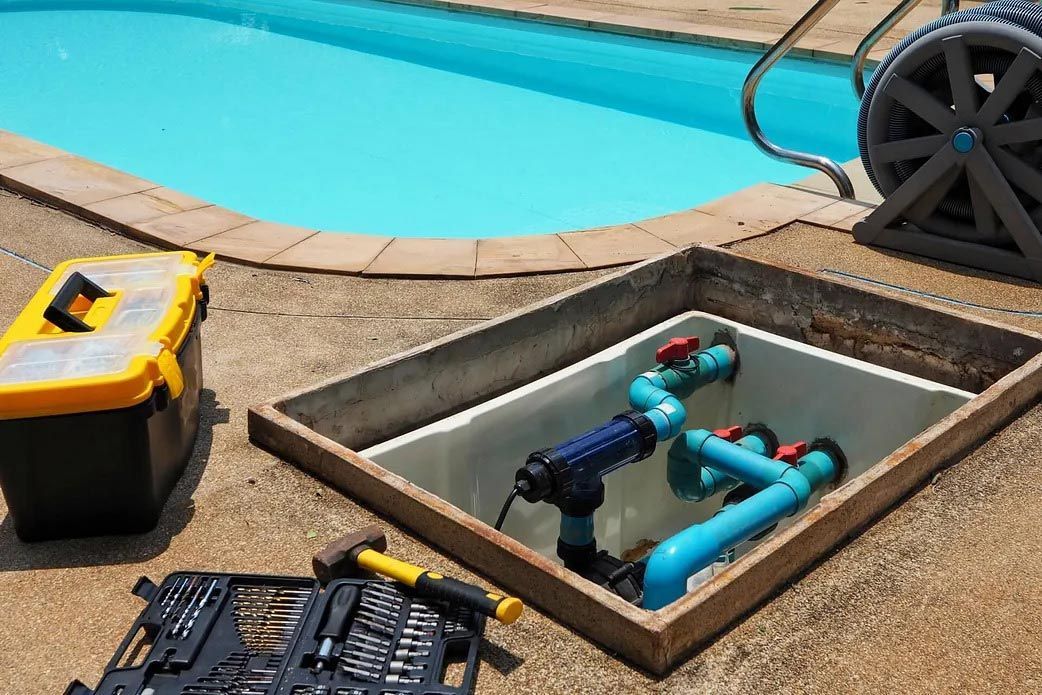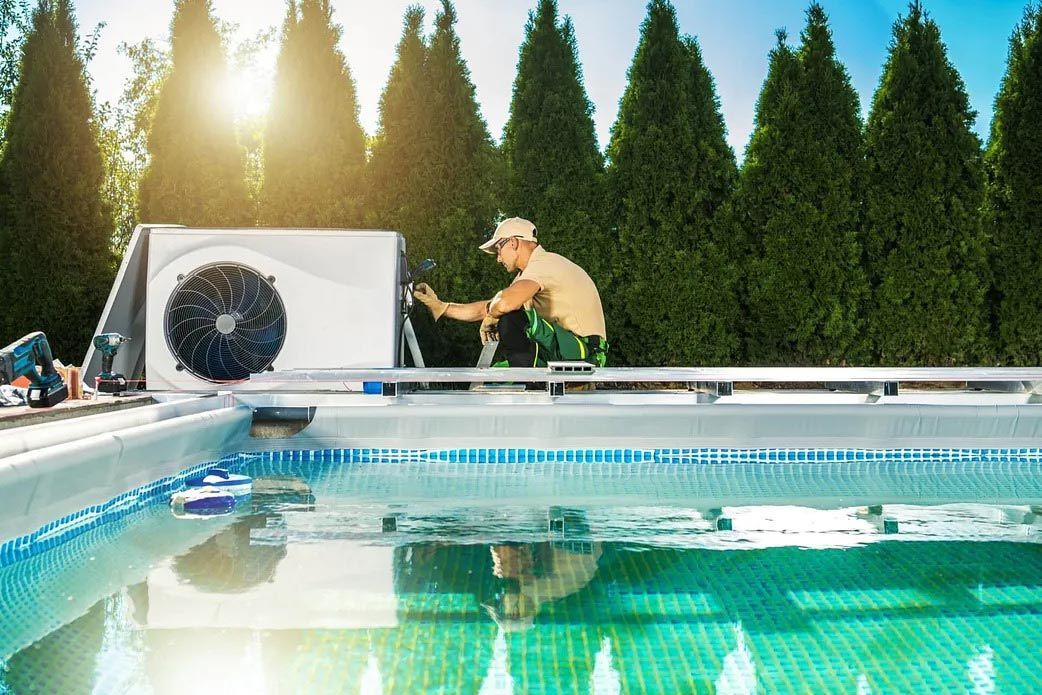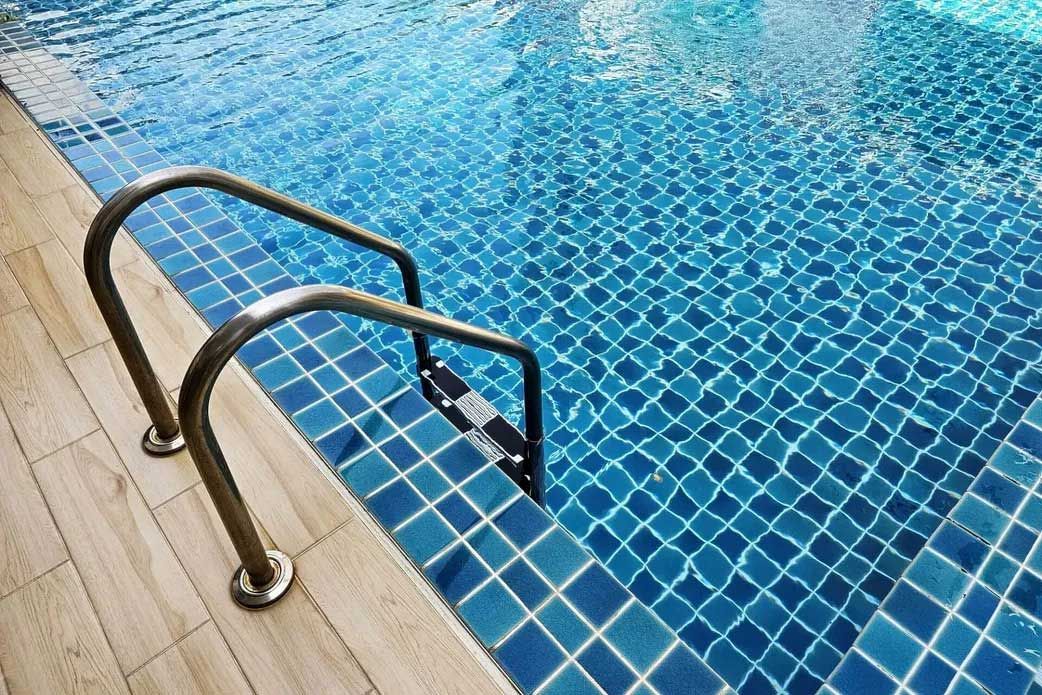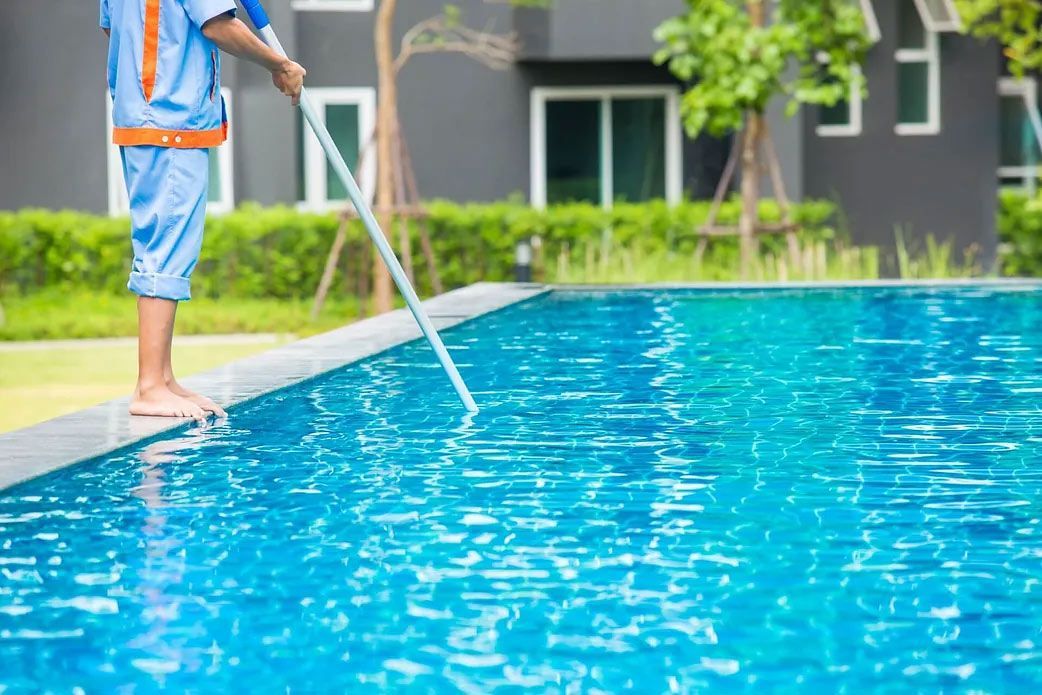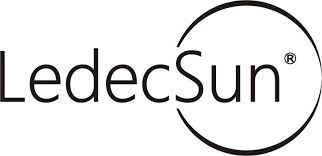Pool Heating Myths Busted: What Actually Works in a Coastal Climate
Living near the coast brings many lifestyle advantages—ocean breezes, scenic views, and a mild climate year-round. However, there are still misconceptions that lead homeowners to hesitate or make poor choices when it comes to pool heating. Whether you’re a year-round swimmer, a new homeowner designing an outdoor space, or a holiday rental owner wanting to boost appeal, heating your pool effectively can transform how you enjoy it—and even increase your property’s value.
This blog clarifies common misunderstandings about solar, electric, and gas pool heating systems and highlights what actually works in a coastal environment.
Solar Heating Isn’t Just for Sunny Days – It Still Works in Coastal Climates
Many homeowners assume solar heating won’t work when clouds roll in, but that’s not the case. Sunshine Coast’s subtropical climate provides more than enough solar energy to keep pool temperatures comfortable for most of the year.
Solar systems absorb ambient light, not just direct sun, which generates heat on overcast days. With correct installation, these systems can warm your pool efficiently throughout spring, summer, and autumn.
- Solar collectors are designed to optimise heat absorption even during mild or cloudy days.
- Systems are typically roof-mounted and unobtrusive
- Ideal for families who want a low-maintenance, sustainable solution
- Minimal ongoing costs after initial installation
Electric Heat Pumps Don’t Break the Bank – They’re Surprisingly Efficient
The idea that electric heat pumps are costly to run is outdated. Modern systems operate like reverse-cycle air conditioners—using ambient air temperature to generate heat rather than creating it from scratch.
On the Sunshine Coast, where winter is relatively mild, heat pumps are remarkably energy-efficient, especially when used with a pool blanket to retain warmth overnight.
- They operate quietly and are suitable for residential neighbourhoods
- Most units work well even when the outside temperature drops to around 10°C
- Perfect for consistent, set-and-forget pool heating year-round
- Lower emissions than traditional gas systems, especially when powered by solar electricity
Gas Pool Heating Isn’t Outdated – It’s Fast and Ideal for On-Demand Use
Gas heaters are often dismissed as old-fashioned or too expensive, but they still have a strong place—particularly for pools and spas that are only used occasionally or need quick heating.
A gas system can heat a standard pool within a few hours, making it perfect for rental properties or homes that regularly host guests.
Pros:
- Very fast heat-up time, great for weekend use or sudden temperature drops
- Ideal for spas or plunge pools where quick warmth is desired
- Works independently of weather conditions
Considerations:
- Higher running costs than solar or electric systems
- Best suited to short bursts of heating, not continuous use
Salt Air Doesn’t Destroy Pool Heaters – It’s All About the Right Materials
Salt air can damage poorly protected equipment, but today’s pool heating systems are designed with coastal environments in mind. Corrosion-resistant materials and protective coatings make modern units far more durable than they were a decade ago.
- Most quality heat pumps and solar panels include marine-grade stainless steel components.
- Protective powder coatings help prevent oxidation and rust
- Routine maintenance ensures longevity in high-humidity areas
- Proper placement—such as elevated or ventilated units—reduces exposure
Heating a Pool Year-Round Won’t Skyrocket Energy Bills
Another myth is that keeping a pool warm all year will lead to outrageous electricity costs. While this might hold for outdated or improperly sized systems, today’s technology makes it manageable. Year-round heating can be affordable and sustainable with smart system selection and efficient usage habits.
The key lies in choosing the right heating type based on your needs:
- Solar heating remains the most cost-effective option, ideal for consistent spring and autumn warmth.
- Electric heat pumps offer reliable year-round performance, perfect for families who swim regularly and want a set-and-forget solution.
- Gas heating is better suited to on-demand, ideal for spas or holiday rentals that must be heated quickly and infrequently.
There are also practical measures to improve efficiency:
- Pool blankets can reduce heat loss by up to 70%, particularly overnight.
- Timers and thermostats help control energy use, allowing only heating when needed.
- Selecting the right size system for your pool ensures the heater operates efficiently without unnecessary strain.
Pool Heating Can Boost Property Value – It’s Not Just a Luxury
A heated pool isn’t just a luxury feature—it adds real, tangible value to your property. For Sunshine Coast homeowners, where outdoor living is a big part of daily life, a warm pool increases usability and makes your home more appealing.
This is especially important for holiday rentals, where swimming availability can influence bookings outside the summer months.
- Increases potential rental yield and occupancy
- Makes your home more attractive to families and wellness-focused buyers
- Creates an inviting space for entertaining year-round
- Allows for therapeutic swimming or exercise in cooler months
All Heaters Are Not Equal – Choose Based on Your Pool Use & Lifestyle
Every household uses its pool differently, and the right heating system depends on how often, and when, you swim. What suits a busy family may not suit a property investor or a retiree seeking low upkeep.
For Families:
- Electric heat pumps provide consistent warmth for daily use
- Great when paired with solar PV for lower operational costs
For Holiday Homes:
- Gas heaters ensure pools and spas are guest-ready with minimal notice
- Solar may be less effective unless guests visit regularly
For New Builds or Renovations:
- Hybrid systems can be built into the design from the start
- Combine solar and electric for year-round efficiency
Installation Is Not Disruptive – Today’s Systems Are Streamlined and Fast
Are you worried that pool heating will be disruptive, costly, or visually unappealing? Modern systems are quicker and easier to install than ever, especially when working with professionals familiar with local regulations and conditions.
- Most solar systems can be installed within a day or two
- Heat pumps and gas units are compact and require minimal yard space
- Pipes can be neatly concealed or integrated into existing infrastructure
- Installers handle electrical and plumbing requirements with minimal interruption
Transform Your Outdoor Living with Pool Heating on the Sunshine Coast
At Billabong Pool Service & Supply, we help Sunshine Coast homeowners take the guesswork out of pool heating. Whether you’re interested in solar, electric, or gas heating systems, we tailor solutions to your climate, lifestyle, and budget.
For tailored advice and installation, get in touch via our
contact page or give us a call to book a consultation.
